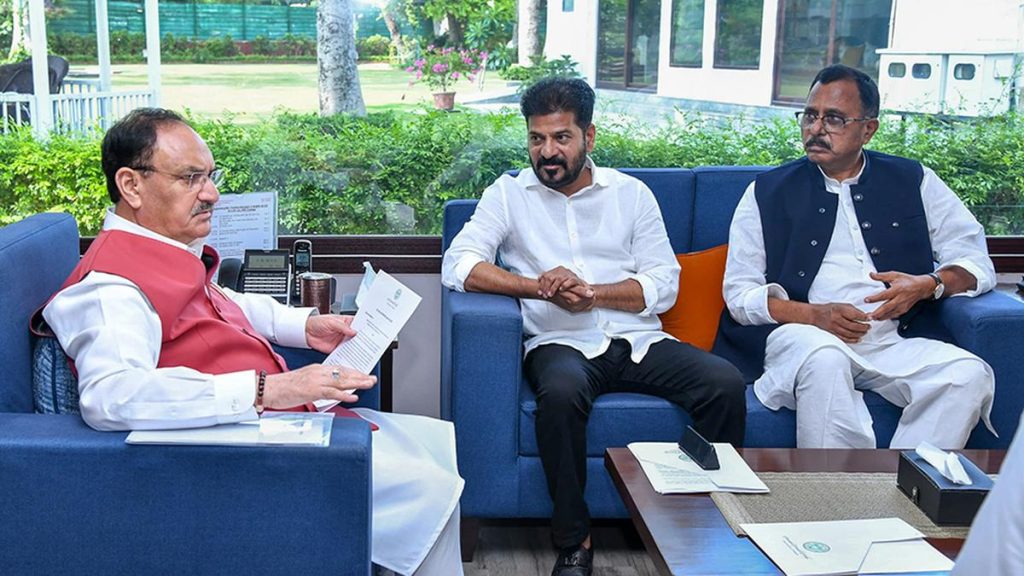Now Reading: Karnataka Enforces Deadlines for Hospitals to Meet National Quality Standards
-
01
Karnataka Enforces Deadlines for Hospitals to Meet National Quality Standards
Karnataka Enforces Deadlines for Hospitals to Meet National Quality Standards

Rapid Summary
- The Karnataka State Health Department has directed heads of government hospitals to implement the National Quality Assurance Standards (NQAS) within three months.
- NQAS is a framework developed by the union Ministry of Health and Family Welfare to enhance the quality of healthcare services in public health facilities across India.
- Focus areas include service provision, patient rights, clinical care, infection control, quality management, and outcomes for District Hospitals, Community Health Centres (CHCs), Primary Health Centres (PHCs), and Urban PHCs.
- Government healthcare facilities failing to meet the deadline will lose access to incentives from the Ayushman Bharat Arogya Karnataka (AB-ARK) scheme.
- After six months of non-compliance, negative remarks will be added to annual performance reports with possible transfers for medical staff involved.
- After nine months of failure to comply, annual salary increments for chief medical officers and paramedical staff at such institutions will be withheld.
- Supervisors and hospital staff showing persistent lack of progress may face accountability measures citing poor-quality care delivery.
indian Opinion Analysis
The directive by Karnataka’s State Health Department pushes healthcare institutions toward implementing NQAS standards rapidly-a step aligned with strengthening public health infrastructure under federal guidelines established by India’s Union Ministry of Health & Family Welfare. Highlighting clear repercussions like withholding salary increments or incentive disqualification under AB-ARK demonstrates an effort toward accountability-driven reform in public health delivery systems.
Though, achieving high compliance levels in just three months may pose challenges due to resource limitations or systemic inefficiencies existing within smaller PHCs or CHCs-particularly in rural areas where infrastructural support can lag behind urban hubs. While this approach emphasizes accountability among medical personnel through performance monitoring mechanisms like annual reports and financial consequences, robust implementation processes need simultaneous institutional support.
Efforts aligning national standards universally can yield long-term improvements in India’s connected healthcare ecosystem while addressing regional disparities-but it remains essential that punitive measures go hand-in-hand with enabling resources bolstering adherence capacity effectively.
























